I attended my first Al-Anon meeting almost 20 years ago and I wrote in my journal: There were twelve people in the basement of a church, and everyone had an alcoholic husband or wife. They talked about taking one day at a time and about how they needed to take care of themselves. What was I doing there? I am a mother and my son is an addict. I didn’t go to the meeting to learn how to take care of myself. I went to learn how to protect him, fix him, and help him. I don’t think I’ll go back.
My reflection: I went to three different meetings before I found my home group, a community of people that would love and support me through the most challenging times of my life. In the halls of Al-Anon, I learned that I was not alone and that others knew my pain. I learned that addiction doesn’t discriminate and that I could trust others to be there for me. I learned that there was wisdom, real wisdom, in taking one day at a time. I’m glad I kept going back.
Today’s Promise to consider: Al-Anon meetings and support groups are filled with parents of addicted children. I was one of those parents who needed help without judgment. I still go to meetings: to help myself and to help others. Community is part of the healing. Today, I’ll reach out my hand. We’re all walking together toward home.

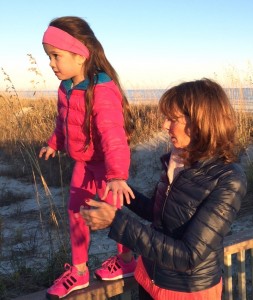
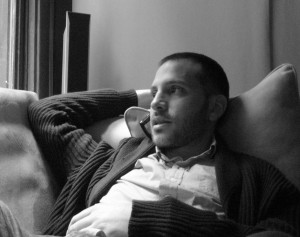
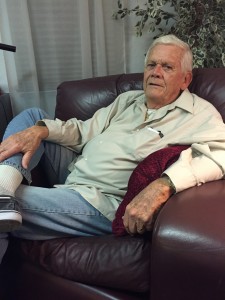
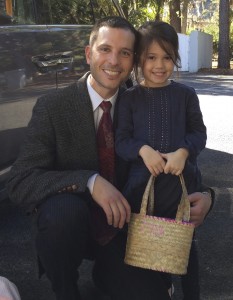
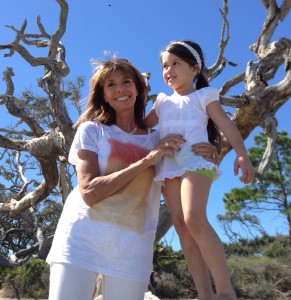
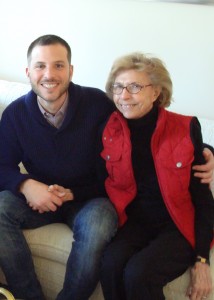

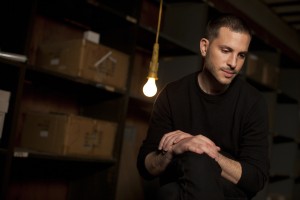
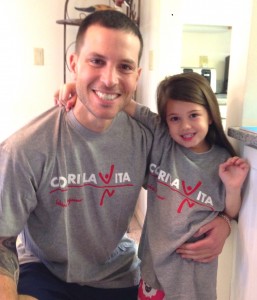
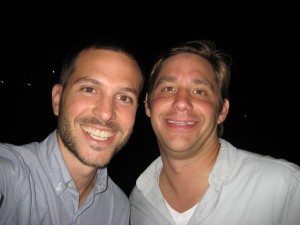
5 Comments.
View Comments | Leave a Comment